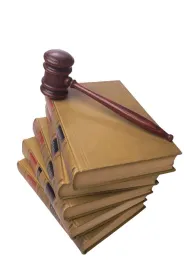During a two-day rainstorm, sewer water overflowed into multiple homes, and the owners brought suit against the city. The city moved for summary judgment claiming the decision of a sewer maintenance program was a discretionary function rather than ministerial. The trial court agreed and entered summary judgment for the city.
The First District affirmed. Whether a municipality engages in a program of public improvement is a discretionary matter, but the manner in which the municipality implements the program is ministerial. Where an official's conduct requires deliberation or the exercise of judgment, the actions are discretionary. It concluded the city was immune for decisions it made regarding the maintenance and improvement of the sewer system. It also held res ipsa loquitur did not apply because the plaintiffs were unable to show the city was sufficiently in control of the sewage system. Nichols v. City of Chicago Heights, 2015 IL App (1st) 122994.



 />i
/>i

